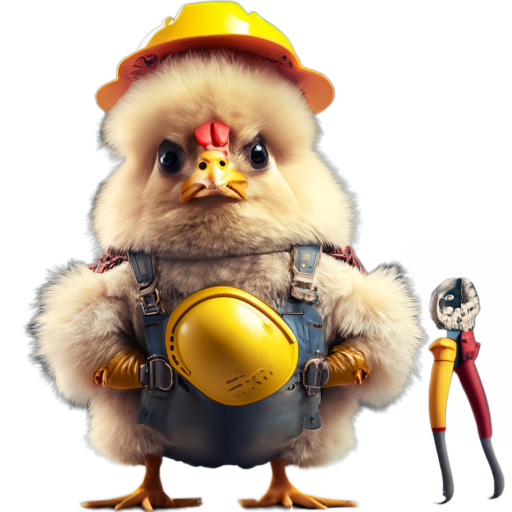The Most Used Tools for Electricians: A Complete Guide
Electricians rely on a set of core tools for daily tasks. Whether you’re a seasoned professional or just starting, these tools are essential for handling electrical work efficiently and safely. Here’s a breakdown of the most commonly used tools that should be in every electrician’s toolkit.
1. Bandsaw
Used for cutting through metal or PVC pipes, the bandsaw is a versatile and precise tool, helping to cut conduit and other materials.
2. Impact Drill
An impact drill is powerful and ideal for drilling through tough materials like wood, metal, or concrete. It’s a go-to tool for many electricians when installing junction boxes and outlets.
3. Drill
A standard drill is essential for drilling holes to run wires and install anchors. It’s a staple tool for any electrician.
4. Leveler
A level is used to ensure that installations, such as outlets and switch plates, are aligned properly. It’s crucial for precision in electrical projects.
5. Wire Stripper
Wire strippers are a must-have for safely removing the insulation from wires without damaging the copper inside.
6. Side Cutters
Side cutters, also known as diagonal pliers, are used to cut wires and cables cleanly and efficiently.
7. Fish Tape
Fish tape is used to pull wires through conduits or tight spaces, making wire installation much easier, especially in complex setups.
8. Measuring Tape
A reliable measuring tape ensures accurate measurements for installations, ensuring that electrical boxes, outlets, and conduits are placed correctly.
9. Channel Lock Pliers
Channel lock pliers offer a strong grip for a variety of tasks, from tightening fittings to gripping larger objects securely.
10. Headlamp
A headlamp is essential for working in low-light environments, providing hands-free illumination for working in attics, crawl spaces, or dark areas.
11. Conduit Bender
Conduit benders are used to bend electrical conduits at precise angles, helping to fit wiring neatly and securely along the desired path.
Specialized Tools:
12. Laser Leveler
Although not essential for every job, a laser leveler ensures that installations like outlets and light fixtures are aligned perfectly. It’s incredibly helpful for precision in large-scale installations.
13. Crimping Tool
A crimping tool is used for securing connectors onto wires, ensuring strong, reliable connections for electrical systems.
14. Hydraulic Punch Driver
A hydraulic punch driver is a heavy-duty tool used for making holes in electrical panels and other tough materials, saving time on large projects.
15. Knockout Tool
The knockout tool helps electricians create precise holes in electrical panels, making it easier to install conduit fittings or electrical boxes.
16. Tapping Tools
These are used for threading new holes into electrical components, allowing for easy screw insertion when connecting fittings and other hardware.
Conclusion
Having the right tools at your disposal not only helps you work more efficiently but also ensures safety and precision. While the basics will get you through most tasks, having a few specialized tools like a crimping tool or hydraulic punch driver can make a big difference on larger projects.

